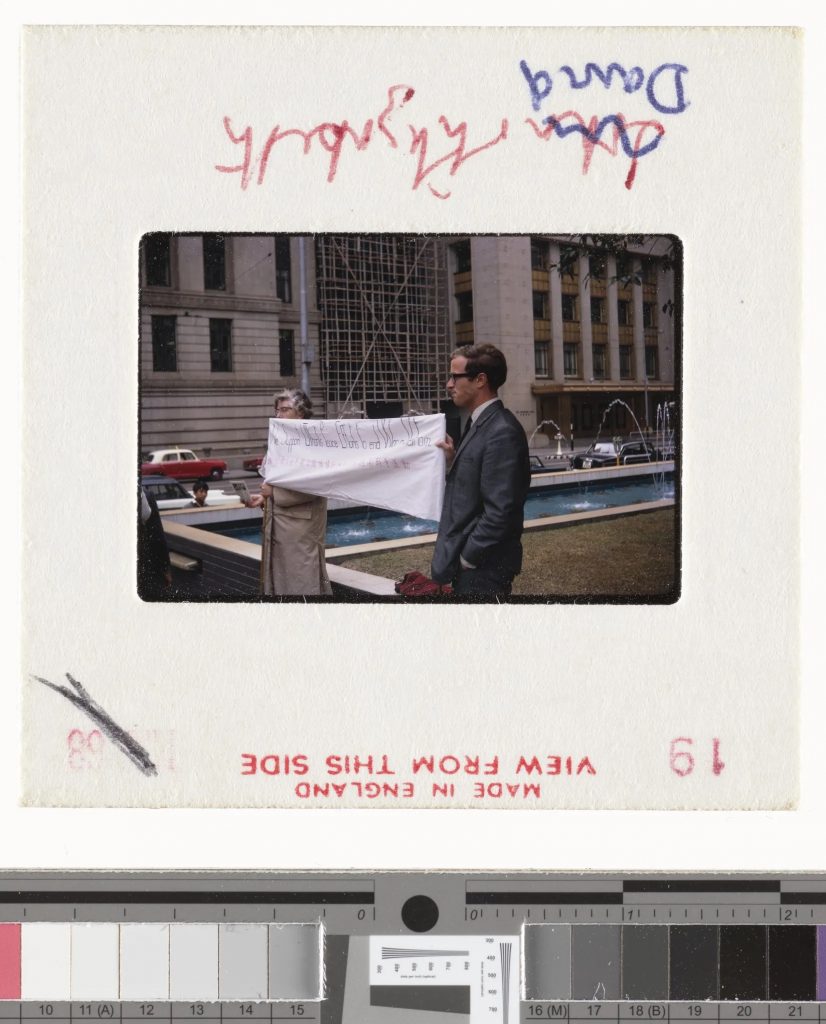This article was originally posted on the Rylands Blog, which features news from the John Rylands Research Institute and Library (here). It is written by Flora Chatt, an archivist working on HCRI’s new Developing Humanitarian Medicine research project (here).
My name is Flora Chatt, and I have recently joined the University of Manchester Library as the archivist for the Humanitarian Archive.
The Humanitarian Archive is relatively new, and currently consists of a few small collections of individual humanitarians’ papers which have been deposited over the past few years, including those of Elizabeth Wilson, the founder of Hudfam (the Huddersfield based sister branch to Oxfam). These documents, both paper and digital, which relate to humanitarian activities worldwide in the 20th and 21st centuries, give a unique insight into the more recent developments of humanitarian aid. Rather than collecting archives from large organisations, the Humanitarian Archive’s focus is on individual humanitarians and smaller, UK-based NGOs which show how norms in humanitarian practice were developed and solidified or which shed light on topics, areas, and points of view which are less well evidenced.
This Archive has been formed in collaboration with the Humanitarian and Conflict Response Institute, and my role is part of the project Developing Humanitarian Medicine: from Alma Ata to Bio-Tech, a history of norms, knowledge production and care (1978-2020). This project explores the history of humanitarian medicine and the significant shifts in practice that have developed over the past forty years.
The collections of the Humanitarian Archive will complement the research carried out into this area, and I will also be producing supporting advice for humanitarians on creating and maintaining digital records and archives. Many organisations, particularly those like humanitarian organisations who work in a dispersed and fast-paced manner with limited resources, struggle to produce, keep track of, and preserve the digital records that they produce which function as evidence for their work. I will be working with these organisations to produce advice on how to create reliable, authentic, and long-lasting digital records within the restrictions of their circumstances.
I will also be assisting in the creation of an oral history archive, which will gather testimony from key figures across the humanitarian field in order to preserve vital information that is not contained within the written archives.
I’m looking forward to making our collections available to researchers, collaborating on teaching and exhibitions, and working with external individuals and organisations to expand the content and the impact of the Humanitarian Archive.

